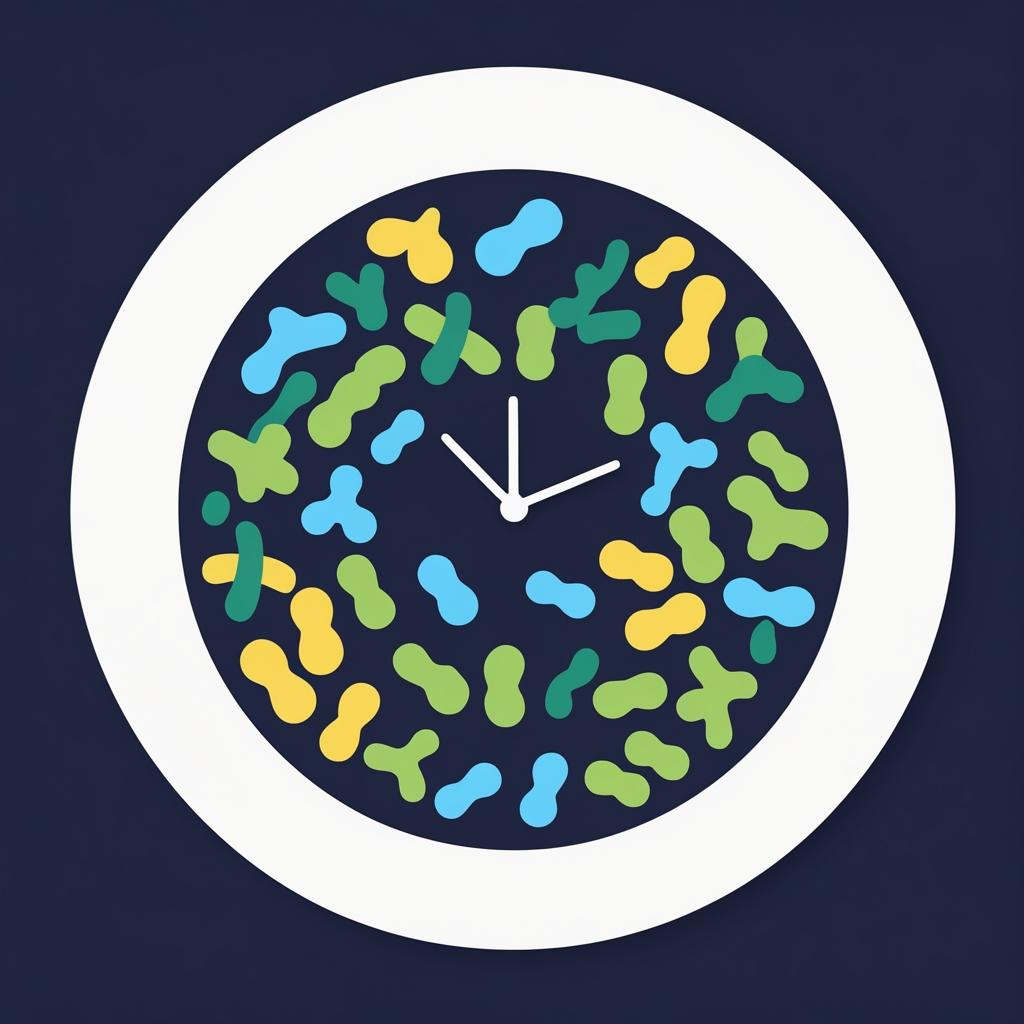NEWS

November, 2025: Shubham's recent ISME paper has been selected as an Editor's pick. We’re grateful to the ISME Editors for this recognition.

August, 2025: We got a new paper out in ISME J . Bacteria can produce an externalized memory by modifying their environment.

May, 2025: New preprint! Weirdly, biodiversity of microbial communities tends to decrease with increasing nutrient diversity. But, we figured out why.

April, 2025: We got a new paper out in Nature Communications showing how communities can alter (and completely stop) microbial invasions in complex yet predictable ways.
![]() news archive
news archive
RECENT SELECTED PUBLICATIONS
S. Gajrani , X. Ye , C. Ratzke
![]() "Environment-mediated interactions cause an externalized and collective memory in bacteria"
"Environment-mediated interactions cause an externalized and collective memory in bacteria"
ISME J wraf173 (2025)
X. Ye, O. Shalev, C. Ratzke
![]() "Biotic resistance predictably shifts microbial invasion regimes"
"Biotic resistance predictably shifts microbial invasion regimes"
Nature Communications 16, 3952 (2025)
C. Ratzke*, J. Barrere*, J. Gore
![]() "Strength of species interactions determines biodiversity and stability in microbial communities"
"Strength of species interactions determines biodiversity and stability in microbial communities"
Nature Ecology and Evolution 4, 376–383 (2020)
C. Ratzke*, J.Denk*, J.Gore
![]() "Ecological suicide in microbes"
"Ecological suicide in microbes"
Nature Ecology and Evolution 2, 867–872 (2018)
C. Ratzke, J. Gore
![]() “Modifying and reacting to the environmental pH can drive bacterial interactions”
“Modifying and reacting to the environmental pH can drive bacterial interactions”
PLOS Biology 16(3): e2004248 (2018)





